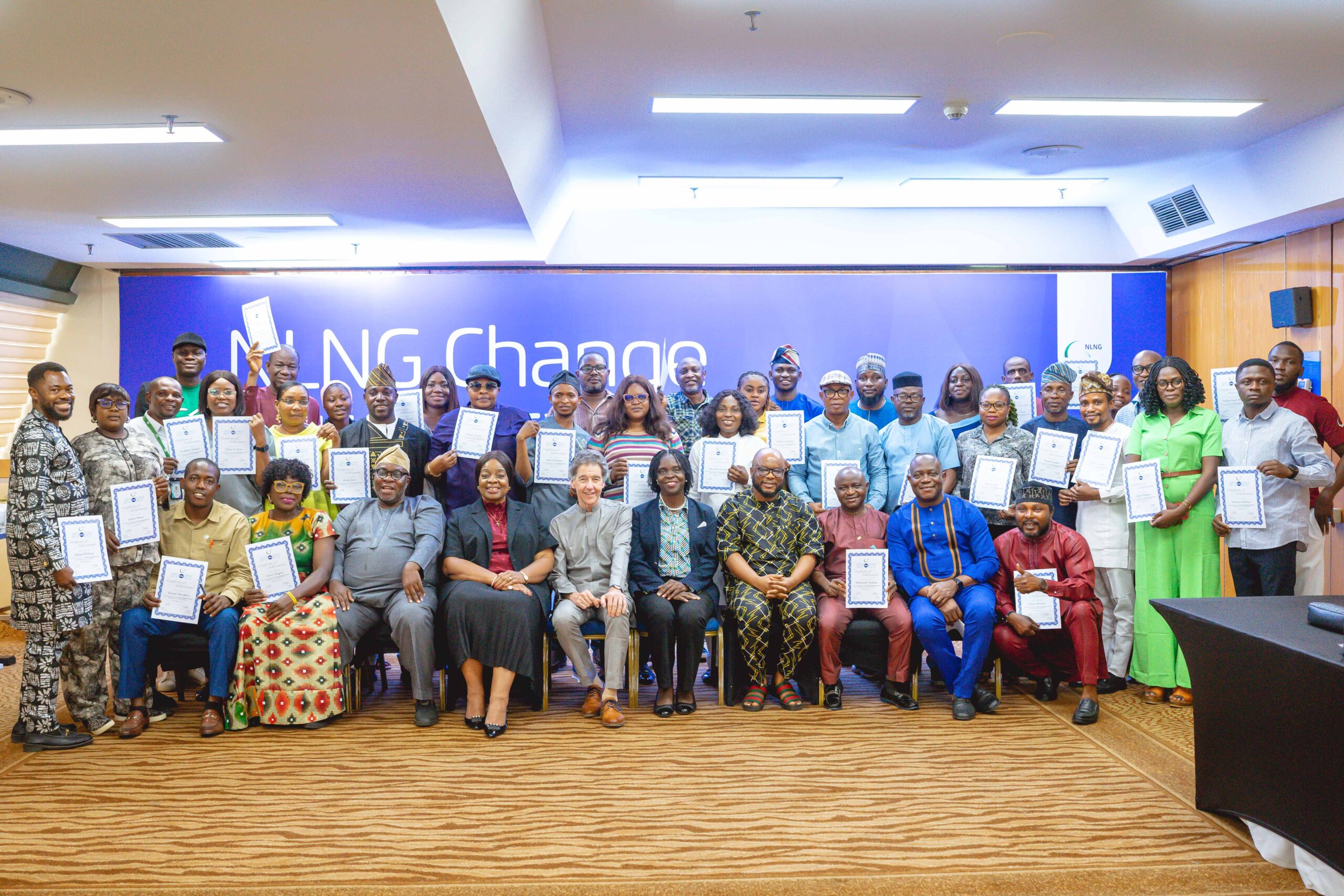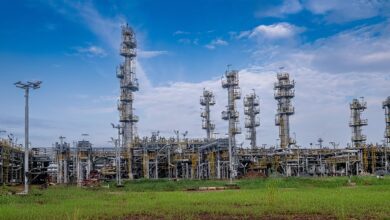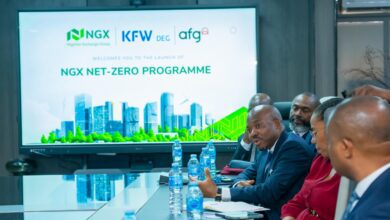
The Chief Executive of the Nigerian Midstream and Downstream Petroleum Authority (NMDPRA), Engr. Farouk Ahmed, has cautioned countries against relying on crude oil as the only source of income.
Engr. Ahmed gave the warning while speaking at the third International African Energy, Oil and Gas Summit which took place in Windhoek, Namibia, with the theme, ‘Harnessing Africa’s Natural Resources Development’.
He explained that one of the main challenges with the discovery of crude oil is its potential of transforming from a source of diversification to a source of singular focus which could lead to over-reliance on petroleum and abandonment of other revenue sources.
He argued that when this occurs, it easily becomes a means for patronage and corruption.
He added: “In so doing, the resources accruable from its exploitation become mismanaged and channelled to less effective uses.”
The NMDPRA boss stated that another challenge with petroleum exploitation is the contradiction it can create between the availability of great wealth amid poor communities, stressing that it is necessary to integrate host communities in petroleum development activities for inclusive growth.
Crude oil discoveries, according to Ahmed, manifest in twofold. He explained that while some countries use hydrocarbons to further their economic development, others witness a retrogression and emergence of corruption as a consequence of the discovery.
His words: “Many countries have been transformed by the discovery of petroleum resources and indeed many nations have suffered negative consequences related to the exploitation of this natural endowment. It is therefore apt to discuss the mechanisms that should be adopted by nations that make recent discoveries of petroleum resources, drawing lessons from the experiences of the countries that have been in the business for longer.”
Underscoring the role of crude oil in the smooth diversification of nations’ economies, Ahmed pointed out that petroleum forms its entire industry which can contribute a significant portion of GDP, and translates to employment and job creation with their attendant socio-economic impacts.
“This new source of revenue can transform how a government provides critical services for its citizens, leading to prosperity and overall development. Petroleum is primarily an energy resource. Its discovery then is expected to contribute to the energy security of its host nation, giving life to multiple other sectors of the economy. A wide variety of products are also produced from petroleum, providing tools, amenities, and consumables for industries and households,” he explained.
Explaining the roles of regulators in the oil and gas industry, Ahmed noted that regulatory agencies should monitor the industry to ensure strict compliance with the laws, in addition to applicable codes and standards.
“When accidents inadvertently occur, they should be thoroughly investigated, and lessons learnt therefrom should be incorporated back into laws and monitored. This essentially creates a progressive loop that enhances the operations of the industry. It is also the role of regulators to compute and collect royalties and taxes on behalf of the government.”
The NMDPRA helmsman submitted that the impact of petroleum and other resources on the development of any nation depends on the choices that the country makes.
He argued that experiences in the industry have shown that petroleum operations are best managed by the private sector, with minimal government participation.
He called for the implementation of a robust mechanism to ensure transparency in petroleum exploitation, laying bare the figures related to production and proceeds therefrom.
He added: “A good portion of the proceeds from petroleum production should be used to finance a sovereign wealth fund. Another portion of petroleum proceeds should be dedicated to the development of critical national infrastructure. Gas flaring and indiscriminate waste disposal should be prevented from inception. Strict consequence management should be observed to encourage good corporate practices. Host communities should be incorporated into petroleum operations.”
He assured the gathering of Nigeria’s readiness to welcome regulatory agencies from Namibia to share experiences and best practices through strategic workshops and long-lasting collaborations.






